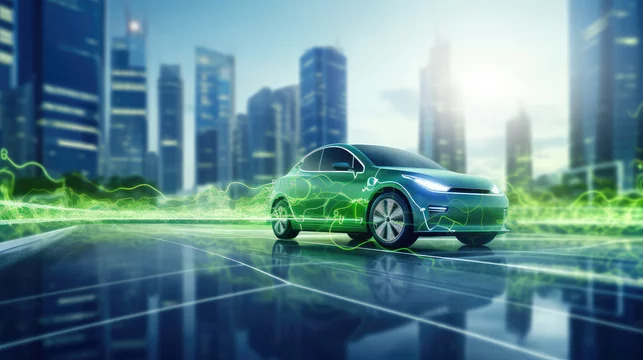Articles and Trivia
Write an articleElectric Vehicles: Driving Towards a Sustainable Future

Electric vehicles (EVs) represent a transformative shift in the automotive industry, offering a sustainable alternative to traditional internal combustion engine (ICE) vehicles. Powered by electricity stored in batteries, EVs produce zero tailpipe emissions, significantly reducing their environmental impact compared to gasoline or diesel-powered counterparts.
The adoption of EVs is driven by several factors. Environmental concerns are paramount, with transportation being a major source of greenhouse gas emissions. EVs help mitigate climate change by relying on cleaner energy sources, especially as the grid incorporates more renewable energy. Additionally, advancements in battery technology have led to increased range and reduced costs, making EVs more accessible to a broader market.
Governments worldwide are also incentivizing EV adoption through subsidies, tax breaks, and investments in charging infrastructure. For instance, countries like Norway and the Netherlands have implemented policies that have resulted in high EV penetration rates, while major markets like the United States and China are rapidly expanding their EV infrastructure.
Automakers are responding to this shift with significant investments in EV technology. Companies like Tesla, Nissan, and Chevrolet are already well-established in the market, while traditional automakers such as Ford, General Motors, and Volkswagen are transitioning their fleets to include more electric options.
Despite these advances, challenges remain. The development of comprehensive charging networks, battery recycling, and the reduction of production costs are critical areas needing attention. Furthermore, consumer education and overcoming range anxiety are essential for broader acceptance.
In conclusion, EVs are poised to play a crucial role in the future of transportation, offering a cleaner, more sustainable option that addresses pressing environmental concerns while driving technological innovation and economic growth.


